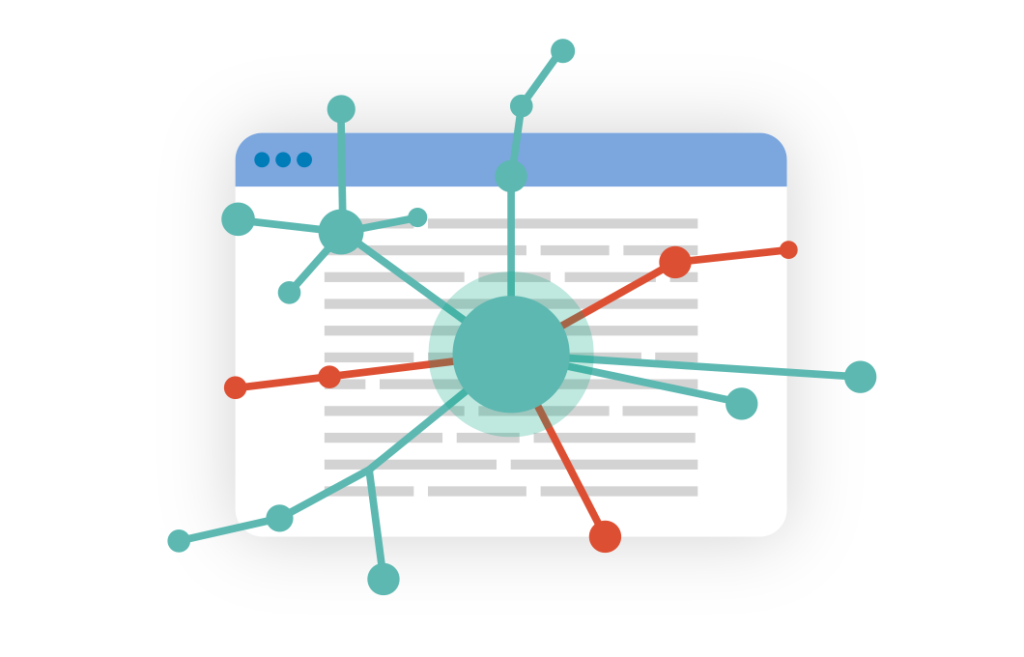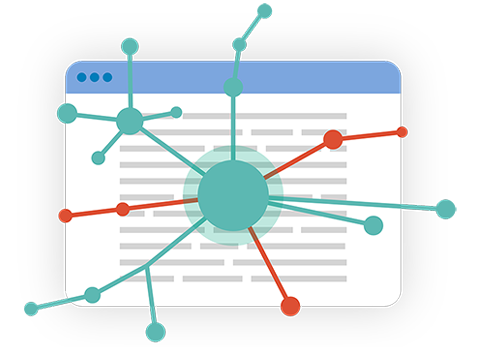
Artificial intelligence continues to be dominated by machine learning technology. Given the organizational priorities of process and cost efficiency, this is understandable. However, machine learning has its limitations — ones that it cannot tackle on its own.
Natural language technology has the power to transform what is possible with machine learning. Together, in a hybrid AI approach, the possibilities are almost limitless. We have seen the immense impact of hybrid AI first hand and analysts have begun to take notice.
For those reasons, we launched our first expert.ai Natural Language API in July. We want everyone to possess the power of natural language understanding, and this API is the best way to make AI simple and available to all.
The expert.ai NL API
Since July, we have continued to hone our product and add features that not only improve platform functionality, but the capabilities you can extract from it. The API is fueled by our comprehensive knowledge graph which provides unmatched contextual understanding of the human language.
Our initial API release offered users a baseline product with which users can analyze and extract value from text in five languages (English, Italian, German, Spanish, and French) with the following functionality:
- Linguistic analysis
- Key phrase extraction
- Named entities recognition
- Categorization with media topics and geographic taxonomies
This provides users with a foundation to extract meaningful information from their unstructured data. Given that 90 percent of business leaders believe extracting value from data is critical to future success, adoption of this NL API is a no-risk, high-reward opportunity.
Organizations in nearly every industry vertical can benefit from NLU. Whether an insurance company needs to automate and streamline the underwriting process, or a media organization seeks to better understand the climate surrounding specific topics, there is an applicable use case for every organization.
New Features to the NL API
We don’t believe in complacency at expert.ai. Our goal upon the initial API offering was to help you establish an NLU foundation within your organization. Now, we want you to build upon that foundation. We are confident the following features will provide you the tools to do so.
Relation Extraction
The human language is a series of relationships between entities (i.e., subject and verb, or verb and object). These relationships are what create context within a conversation or text. Historically, computers have struggled to accurately distinguish and extract these relationships from text.
Via this feature, you can go beyond keyword extraction to derive even more value from your documents by determining who performed actions, or when events happened. For example you’d be able to connect subject-verb-object in “Mary pushed John” and be able to differentiate that from “John pushed Mary” even though the words used are the same.
Sentiment Analysis
Humans express sentiment (or emotion) in two ways: the words they communicate and the tone in which they are communicated. Tone is often ambiguous and indecipherable within text, so we focus on the words themselves based on their perceived relevance and assign a value to them — negative (-1), neutral (0), or positive (1). In analyzing the tone of a text, we can accurately assign an overall sentiment to a document, from negative to positive.
With this data, you can understand the true meaning behind a piece of text. This has proven particularly valuable to customer service teams in analyzing customer feedback. While customer reviews using a one-to-five scale are valuable to consumers, it’s their written feedback that provide real meaning to organizations. Reading into sentiment can paint a much clearer picture.
Geotaxonomy
Just as words can hold more than one meaning, many named locations exist in multiple countries. Without context, computers are often helpless in identifying the true location of particular cities. For example, Paris exists in both France and in the United States (Texas).
By accurately extracting the intended location, you can build out more reliable data sets to train your algorithm. It can also be beneficial to media outlets using NLU to uncover news and trends on social media and other sites. You don’t want to be caught reporting breaking news about the wrong location!
Getting Started with the NL API
Whether you have been using the API for months or are excited to get started, there is a lot to unpack in this new release. Take some time today to explore all that it has to offer. You may be surprised by just how much value you hold in your unstructured data.


